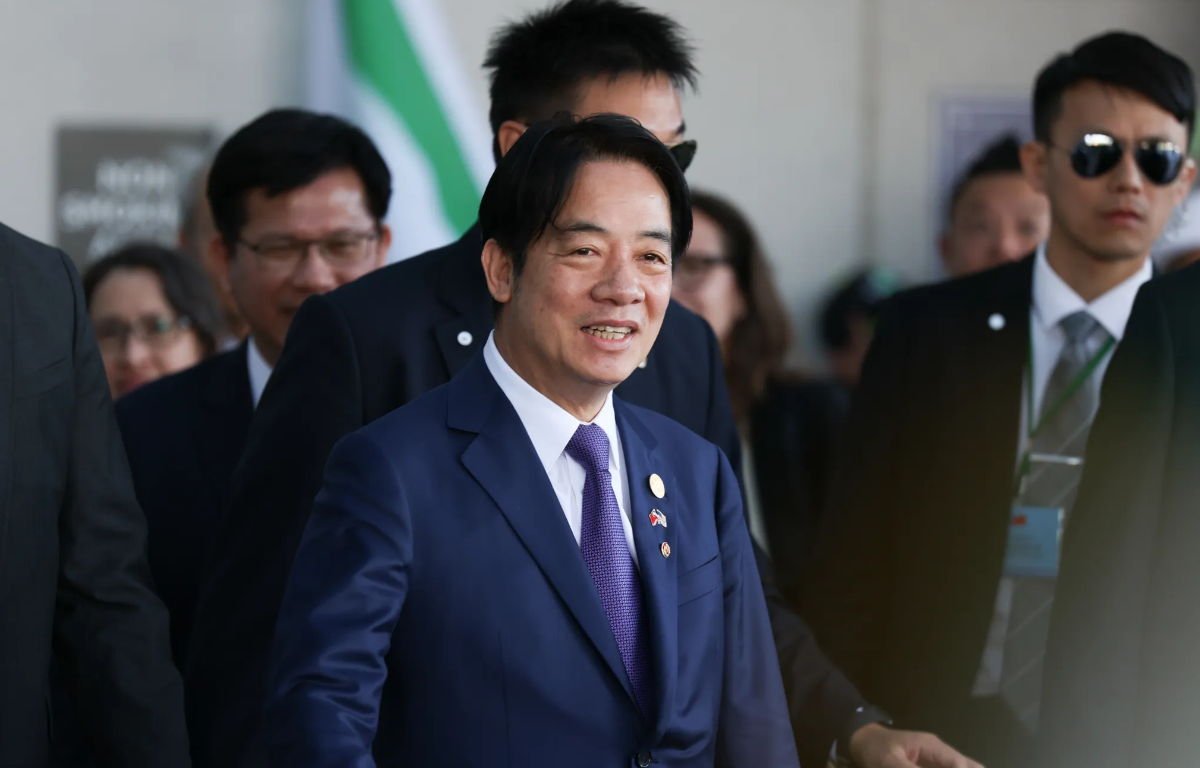
This alliance reflects the complex interplay of economic interests, security concerns, and regional stability in the Asia-Pacific region. This article delves into the reasons behind this trilateral cooperation and its potential implications.
The history of diplomatic relations among these countries has been marked by complex interactions. Japan and South Korea, for instance, share a history marred by conflict and colonization, making cooperation challenging. However, shared concerns about China’s assertiveness in the region have driven them to overcome historical animosities and focus on a common goal: regional stability.
One of the key driving forces behind this trilateral collaboration is the shared economic interests of the United States, Japan, and South Korea. All three nations have robust economies heavily reliant on international trade. By working together, they can strengthen their collective bargaining power, negotiate better trade deals, and ensure fair economic practices in the face of China’s economic prowess.
China’s assertive actions in the South China Sea and its expanding military capabilities have raised security concerns among neighboring countries. The United States, Japan, and South Korea view China’s growing influence as a potential threat to regional stability. Collaborative efforts in intelligence-sharing, military exercises, and joint defense strategies strengthen their ability to counterbalance China’s military expansion.
Technological advancements have become a key battleground in the modern geopolitical landscape. China’s rapid technological rise, particularly in areas like 5G and artificial intelligence, has raised concerns about data security and intellectual property theft. By collaborating, the US, Japan, and South Korea can pool their resources to foster innovation, safeguard sensitive technologies, and establish global standards that align with their values.
The trilateral partnership also serves as a counterbalance to China’s expanding influence in the region. As China’s economic and military clout grows, neighboring countries seek to prevent any single power from dominating the region. The US, Japan, and South Korea’s collaboration bolsters a multipolar environment, promoting stability and preventing any single nation from becoming overly dominant.
The coordinated efforts of the United States, Japan, and South Korea carry significant implications for regional stability. This partnership could discourage aggressive behavior from China, prompting a more cooperative approach in international relations. Additionally, other nations in the Asia-Pacific region might also align with this coalition, further reinforcing the balance of power and promoting peaceful coexistence.










Share this: